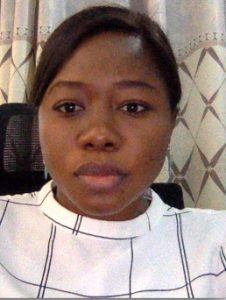
Gerrye Mubungu Lumbono
H3Africa PI: Zane Lombard
Institution: University of Kinshasa, DR Congo; Institut National de recherche Biomédicale, DR Congo
Project Affiliation: DDD-Africa
Abstract
Next Generation Sequencing is revolutionizing rare diseases medicine. The pace of gene discovery and orphan drugs has accelerated since the implementation of this technology. Despite the successes, this implementation also comes with challenges that are different depending on the setting (developed versus developing countries) and testing approaches (gene panels, whole exomes, or whole genome). Africa is at an important time for implementation decisions. While WGS might allow the identification SNVs, CNVs, mitochondrial DNA, and microsatellites from the same data, most rare diseases are caused by variants in coding sequences that may be identified by WES.
In the DDD-Africa, we are testing 500 patients with developmental disorders from South Africa and the Democratic Republic of Congo (DRC) using WES. Besides, we have tested 17 patients with developmental disorders using WGS.
Following cWGS, variants were reported in 10 of the 17 families (58.8%). Five of the 17 families (29.4%) carried at least one likely pathogenic or pathogenic variant identified in a gene associated with a disease that was consistent with the phenotype. An additional five individuals (29.4%) carried variants of uncertain significance due to currently limited evidence but showed some clinical congruence to the reported phenotype. Clinically significant variants included single nucleotide variants (SNV) and small indels (n=6), aneuploidy (n=1), copy number variants (CNV; n=2), and one repeat expansion.
These results establish the diagnostic benchmark for developmental disorders in Africa and will guide the implementation choice for NGS in the diagnostic of developmental disorders in Africa (yield vs cost).
